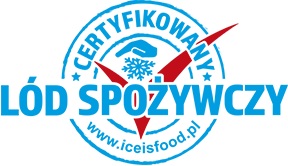Consumer zone
Welcome to the only Polish website devoted entirely to the safety of consuming ice cubes. We have been made aware of the dangers of improper handling of meat, fruit and vegetables, frozen products, fish, and seafood, but no one has ever discussed it in relation to ice cubes, a product that is so simple, so clear, and so frequently used! This is to help you make a safe and informed choice about ice. We pay more and more attention to a healthy lifestyle and a proper diet and analyse in detail product labels. However, when it comes to ice, we do not perceive it as a possible danger as it is just frozen water so everything has been frozen and will no longer be harmful. Nothing could be further from the truth! If not handled properly at every stage, ice can be just as insidious as the products specified above. Regardless of how the icemaking process was carried out, it can potentially become a source of infection for the body, which will be unpleasant to you. This is because the quality of the final product is determined, among others, by such factors as the quality of the raw material (water), the production equipment, transport, storage conditions and, above all, adherence to basic hygiene principles throughout the process.
Ice cubes, no matter what colour or shape they are, are FOOD!
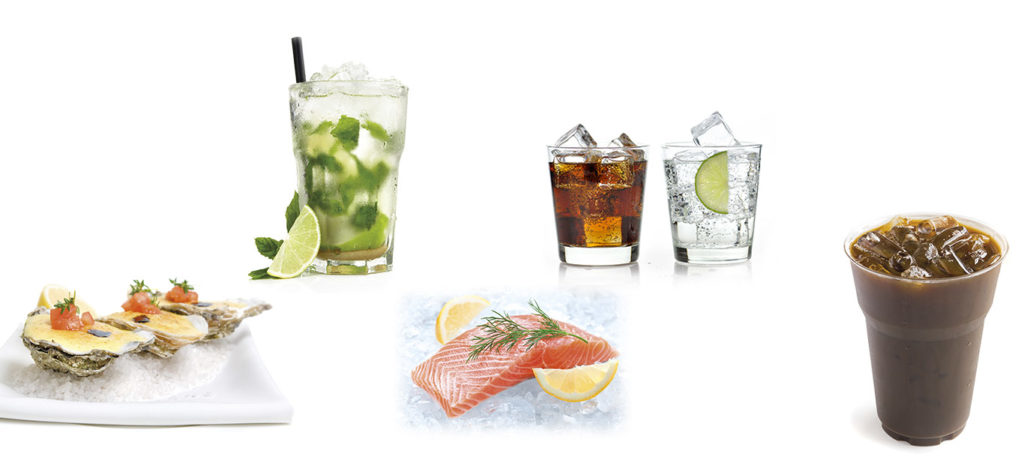
NOT ALL ICE IS THE SAME
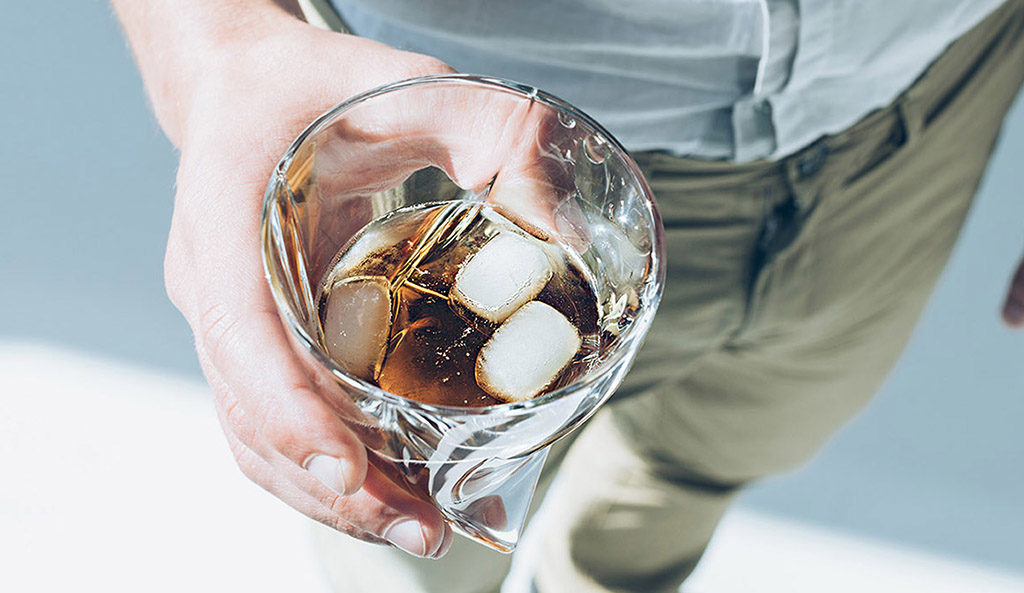
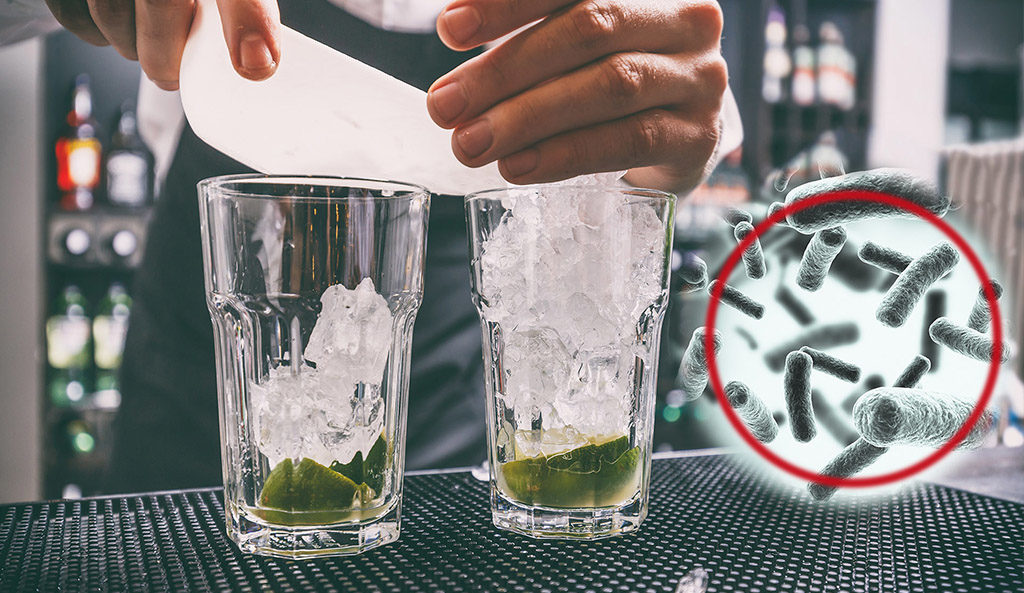
Facts about ice
ARTICLES
- Dziwny posmak lodu
- Dla świadomości
- Can adding ice to a drink be harmful to health?
- Certified cubed ice makes a difference
- Food and Nutrition Safety Act
- Control of food safety in Poland
- Food and Nutrition Safety Act
- Can you get sick from contaminated ice?
- Listeria monocytogenes
- The dirty truth about ice cubes
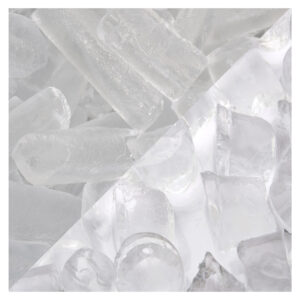
Certified cubed ice makes a difference
What are the main differences between industrially produced and home-made ice, explains Piotr Lewiński, food technologist.
Retail ice cubes
We are in the third decade of the 21st century now, but just a few years ago none of us would have thought that ice cubes would be an indispensable product for cooling drinks on hot days and that they would be available in every grocery shop or petrol station.
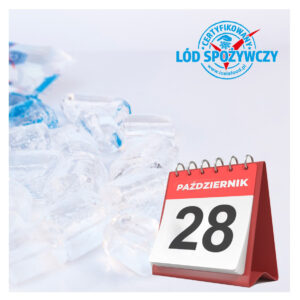
Food and Nutrition Safety Act
The Food and Nutrition Safety Act has been in force in Poland since 28 October 2006. The food law is a set of legal acts establishing rules for the production and circulation of raw materials, food, and objects coming into contact with raw materials and food to the extent necessary to protect health and meet consumer expectations.
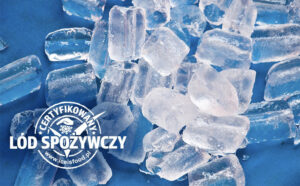
Control of food safety in Poland
It is well known, especially from reports of the Supreme Audit Office (NIK), which regularly examines various elements of the system, that the control of food safety in Poland leaves a lot to be desired. According to NIK, the main threats in the food chain are as follows: – food contamination (poor food quality),
Stowarzyszenie Producentów i Operatorów Certyfikowanego Lodu Spożywczego, (Association of producers and operators of certified food ice) KRS [National Court Register] No. 0000784552, REGON [National Official Business Register] No. 383424111, NIP [VAT] No. 7010927104 00-630 WARSZAWA, ul. POLNA 24/7
